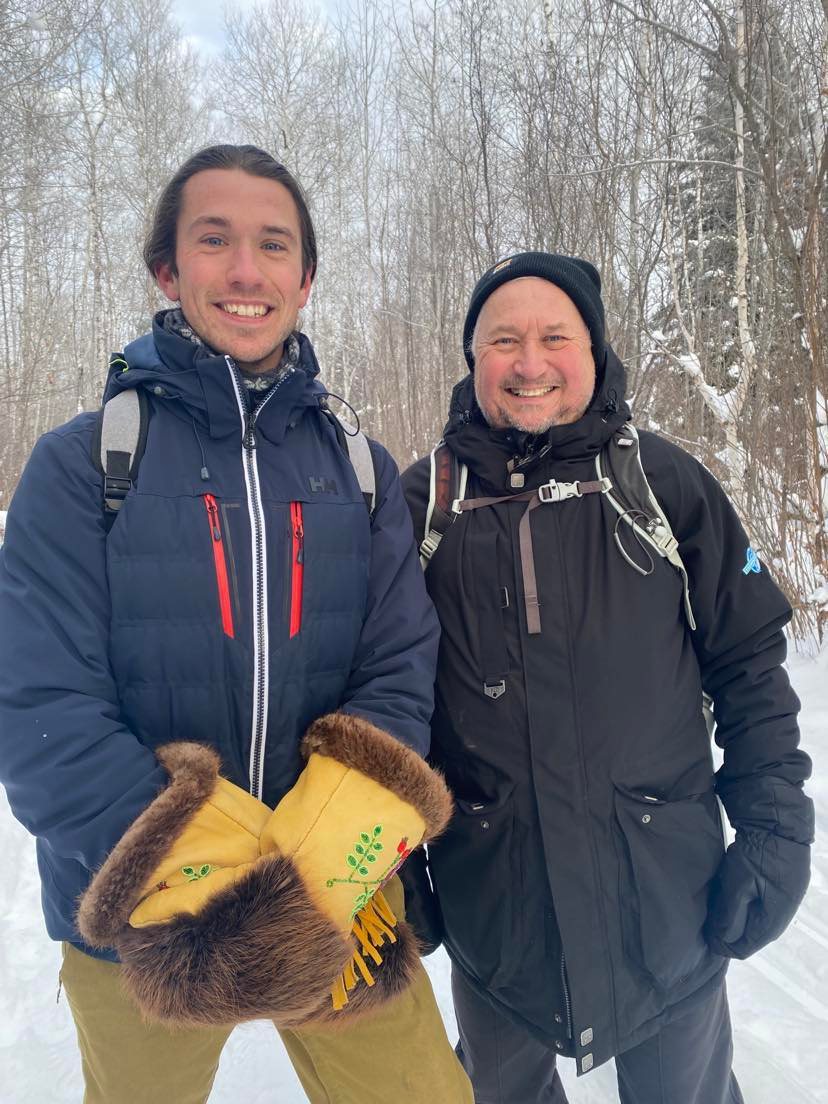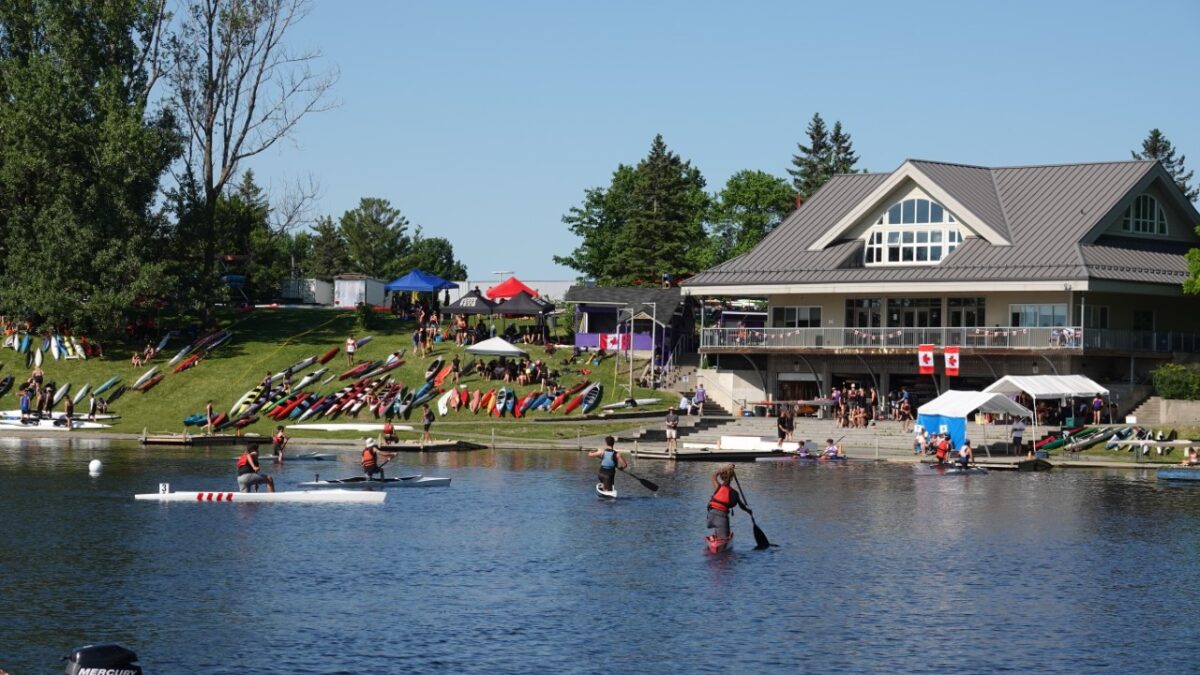The second Masters Indigenous Games — an international sporting competition for Indigenous athletes — is coming to Canada’s capital this summer.
The Aug. 24-27 event, hosted on Algonquin Territory, will showcase six different sports, including lacrosse and canoeing, as well as volleyball and golf.
The Games were founded by Toronto-based Indigenous Sport & Wellness Ontario for athletes 20 and older. The inaugural MIG took place in Toronto in 2018 with some 600 athletes representing six countries.
ISWO, principally funded by the Ontario government, promotes competitive and recreational sports among First Nation, Métis and Inuit communities. In its mission statement, the organization says: “Sport has the power to change lives, improve wellness, promote culture and provide opportunities for personal growth and community development.”
‘I’ve always wanted the cultural experience of being with other Indigenous athletes and having that community feeling.’
— James Lavallée, Métis track & field competitor, Masters Indigenous Games
Abby Shirazi, general manager and director of marketing and communications for the Games, says it’s important to support lifelong physical activity and wellness within the Indigenous community.
Additionally, the Games will be an educational opportunity for the capital community to celebrate Indigenous culture.
“We want to showcase to others what a long, rich history there is with Indigenous Peoples,” says Shirazi.
One way the Games will accomplish this is through a three-day cultural festival taking place at Lansdowne Park. The festival will feature Indigenous dancers, singers and artists, while giving visitors a chance to participate in traditional games and workshops.
Traditional sport demonstrations will take place for visitors to watch and learn more about each sport and its history. A “Vendors Village” will feature Indigenous-made handcrafts, jewelry and food products.
The cultural festival will be open to the public, offering a family friendly experience aimed at increasing awareness and understanding of Indigenous Peoples.

The Rideau Canoe Club at Mooney’s Bay will host canoe and kayak events during the Games, something that Fiona Smith Bradley, commodore of the club, said she’s looking forward to.
“It’s an honour to have the opportunity to welcome Indigenous Peoples to our canoe club,” said Bradley. “We look forward to having a new connection with the Indigenous community and incorporating more of the history of canoeing in our youth programs.”
The Canoe Kids Summer Camp, a day camp at the club for kids aged seven to 12, will incorporate more instruction on the history of the sport and allow kids to create welcome decorations for athletes competing in the MIG.
Bradley also points out that spectators at the Games will have a great vantage point to watch the races on the water in their entirety, rather than just the start or end, along Mooney’s Bay.
‘Sport has the power to change lives, improve wellness, promote culture and provide opportunities for personal growth and community development.’
— Indigenous Sport & Wellness Ontario
The MIG provide Indigenous athletes a chance to compete in a sport they love, with people they can relate to.
James and Denis Lavallée, a father-son duo from Manitoba, will participate in the Games together. James, 25, will compete in track and field, and his father Denis, 66, will take part in the golf tournament.
The two are excited to cheer each other on at the MIG and hope to meet new people who share their Métis identity. “I’ve always wanted the cultural experience of being with other Indigenous athletes and having that community feeling,” said James.

Denis said he grew up without having a strong tie to his Métis background, noting that it wasn’t a key aspect of his identity. But he said he hopes to use the Games as a platform to learn more about himself and the Métis community.
James said he’s excited to see the MIG welcome athletes in their 20s and older, referencing the lack of organized sport for adults.
“When people turn 18 the fun stops.”
“Sport is such a great avenue to cross cultural barriers,” said James. “These Games cross age barriers as well.”
James said he’s hopeful that non-Indigenous people will come to watch the MIG and recognize that they can continue to play a sport they love at any age.
The Games are to take place every two years, with the next event set for 2025. The Lavallée family plans to make competing in the Games a family tradition, something James said he hopes his mother and sister will join, too.
Indigenous ancestry is required to register for the Games and will be open until May 31. Athletes can register as a team or as individuals and are welcome to register for more than one sport if desired.
The public is encouraged to watch and support Indigenous athletes at the various locations around Ottawa. Along with the paddling sports at the RCC, cross country and track and field events will be held at the Terry Fox Athletics Facility at Mooney’s Bay; basketball and volleyball will take place at the University of Ottawa; golf will be held at the Canadian Golf & Country Club; lacrosse will be played at the Nepean Sportsplex.
The Games’ opening gala will be held at the Canadian Museum of History in Gatineau, and the closing ceremony will be at Lansdowne Park.
Shirazi said she’s excited to see an event taking shape that is focused only on Indigenous Peoples.
“It’s important to recognize Indigenous Peoples, not just in Canada, but around the world.”




